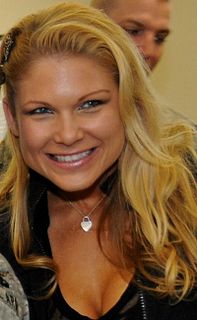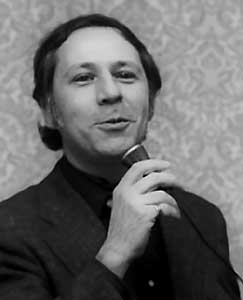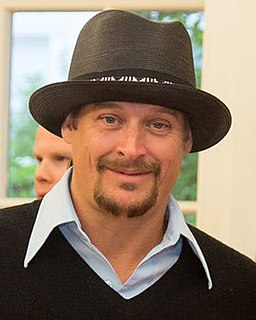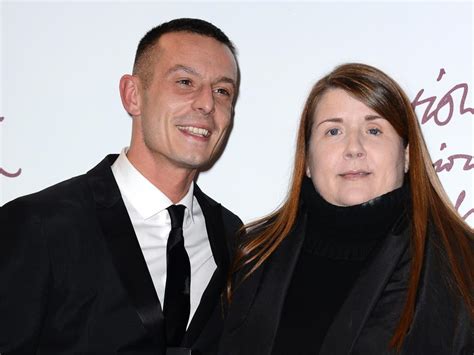A Quote by Julie Plec
I wanted to work in Hollywood. I was captivated by it. I read 'Premiere Magazine' and 'Movieline Magazine' and 'Us' before it was a weekly magazine.
Related Quotes
I set up this magazine called Student when I was 16, and I didn't do it to make money - I did it because I wanted to edit a magazine. There wasn't a national magazine run by students, for students. I didn't like the way I was being taught at school. I didn't like what was going on in the world, and I wanted to put it right.
My very first venture was a national student magazine to try to campaign against the [Vietnam] War. And so I wanted to be an editor. I wanted to bring the magazine out. And in order for the magazine to survive I had to worry about the printing and the paper manufacturing and the distribution. And, you know, I had to try to, at the end of the year, have more money coming in than going out.
You look at, like, a 'People' magazine, which used to be a really good, you know, nice magazine you could go to for real stories. It wasn't like a 'Star' or an 'US Weekly' and they have somebody with plastic surgery on the cover, Heidi Montag. And it's obviously what consumers want, because why else would they be doing it?
I got an offer at 'Vogue.' And I desperately wanted to work in magazines. My interest wasn't in fashion, but when you get an offer right out of college for a magazine that big - I decided that it was probably better to start at a big name magazine, even if I wasn't necessarily fascinated with the subject.

































